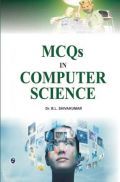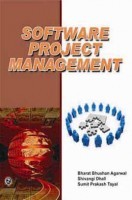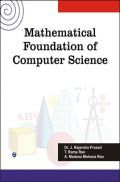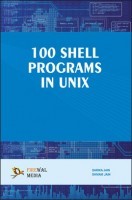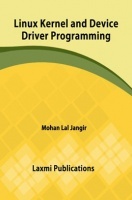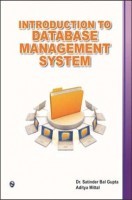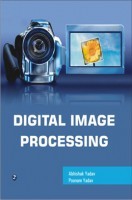Operating System – A Practical Approach by Chopra Rajiv
Book Summary:
This is a comprehensive textbook for B.E./B.Tech. students of Computer Science and Engineering, Information Technology, BCA and MCA. The book discusses the concepts, principles and applications of Operating Systems in an easy-to-understand language. It also incorporates several experiments to be performed in O.S. labs.
Divided into four units, this book describes the history, evolution, functions, types and characteristics of Operating Systems. It provides a detailed account of memory management, virtual memory, processes, CPU scheduling and process synchronization. Moreover, it covers deadlocks, device management and secondary storage structure. Besides the book also explains information management, assembly language programming and protection. The text is supported by several practical examples and case studies.
Audience of the Book :
This book Useful for Computer Science Engineering Students.
Salient Feature:
1. Quick read about Semaphores.
2. Pedagogy includes chapter-end summary, multiple choice questions, conceptual short questions with answers and exercise questions as well as question papers of different universities.
3. Incorporates projects, glossary and bibliography.
Table of Content:
1. Introduction to Operating Systems
2. Memory Management
3. Virtual Memory
4. Processes
5. CPU Scheduling
6. Process Synchronisation
7. Deadlocks
8. Device Management
9. Secondary Storage Structure
10. Information Management
11. Assembly Language Programming Overview
12. Protection
13. Symbain OS - A Case Study
14. UNIX—A Case Study








